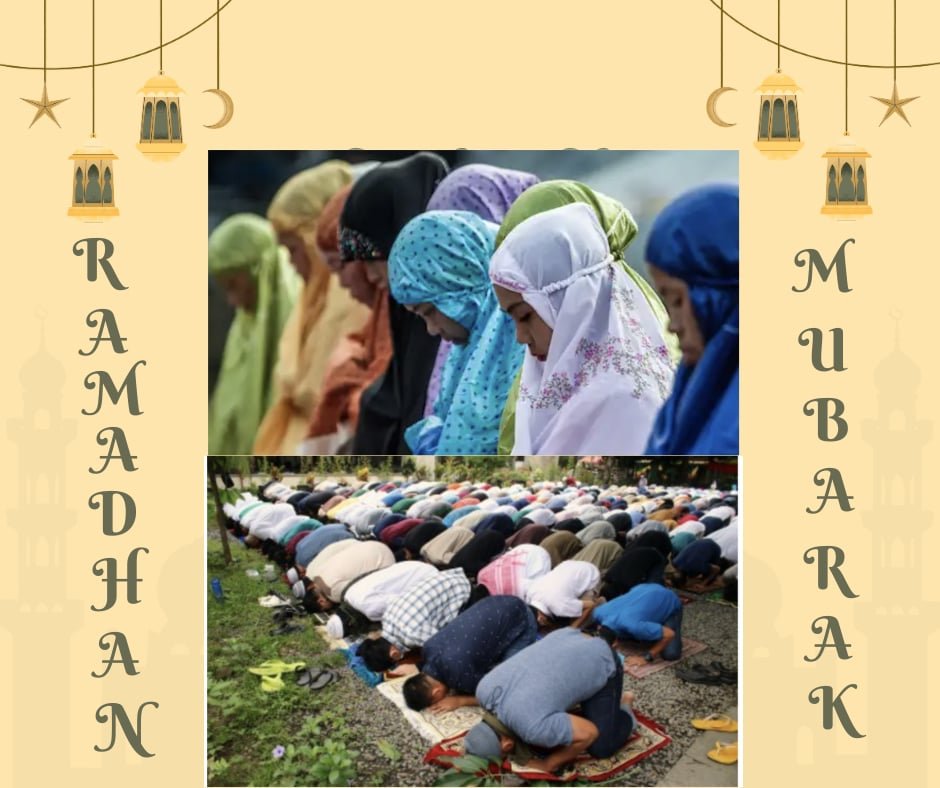Ramadhan, Respect and the Power of Meaningful Engagement
7 comments

I hope my message is received in the right spirit. Ramadhan is a deeply personal and meaningful time for millions around the world, and I feel it’s important to share my thoughts on something that touches many during this sacred month.
Fasting during Ramadhan is so much more than just abstaining from food and drink. It’s a deeply spiritual journey—one that strengthens our faith, fosters self-discipline, and deepens our connection with Allah (S.W.T.). It’s a time for reflection, purification, and generosity—an opportunity to cultivate patience, humility, and compassion, especially for those facing hardship.
Early this morning (after I performed my Fajr prayer), I came across a heartfelt “Congratulations” for fasting from a Senator.
While I appreciate her recognition, it made me pause. A statement like this, when coming from a non-Muslim public official, can sometimes miss the true essence of Ramadhan.
Fasting isn’t about reaching a personal milestone—it’s an act of worship.
Here’s why this distinction matters:
- Ramadhan is not about personal achievements—it’s about devotion.
Fasting is NOT a task we complete or a challenge we conquer. It’s an act of obedience, self-discipline, and spiritual renewal. When people say “congratulations” for fasting, it can unintentionally make it seem like a personal accomplishment rather than an act of devotion. For us, Ramadhan is a time to reflect, to reconnect with our faith, and to open our hearts.
- Fasting is a test of endurance, not an easy feat.
Ramadhan is a month of blessings, but that doesn’t mean it isn’t challenging. For many, fasting is a test of patience and perseverance—especially for those dealing with health struggles, personal hardships, or demanding responsibilities. While well-intended, congratulating someone for fasting might overlook the physical, emotional, and spiritual sacrifices it entails. Recognizing the depth of this experience can mean so much more.
- Words from public officials carry weight.
When a public figure—especially one who has been in office for years—speaks about Ramadhan, I can’t help but wonder:
Do they truly understand its significance, or are they just trying to appeal to the Muslim community? Words matter. If leaders want to show real respect and sincerity, their language should reflect genuine understanding.
Thoughtless messaging can feel hollow, while meaningful engagement builds trust and fosters deeper connections.
Given the significance of this time, non-Muslim public figures should choose their words with care. Instead of “Congratulations,” simple yet thoughtful messages such as:
✔️ “Wishing our Muslim brothers and sisters a blessed and meaningful Ramadan.”
✔️ “May this holy month bring you peace, strength, and spiritual fulfillment.”
These small but thoughtful changes in wording show deeper recognition of Ramadhan’s true meaning.
It’s also important to acknowledge that while some Muslims welcome greetings like “Ramadhan Mubarak” from non-Muslims, others feel these expressions should be reserved for fellow Muslims. Being mindful of these nuances is key to respectful engagement.
Public figures, especially those who have served for years, have a responsibility to be informed and genuinely respectful of the diverse cultures and religions they represent. It’s not just about saying the right words—it’s about building trust, fostering respect, and creating a space where all communities feel seen and valued.
This isn’t about calling anyone out or pointing fingers. My goal is to open a respectful conversation about Ramadhan and the practices that shape the lives of so many. Authentic engagement is what the Muslim community—and all communities—appreciate the most.
Leaders who take the time to listen, learn, and engage meaningfully will cultivate trust and build genuine relationships.
I truly believe we can work toward a more compassionate society—one where all religious practices are acknowledged with the respect they deserve, not as political gestures but as genuine engagements rooted in sincerity and understanding.
I share this not to criticize, but to encourage open dialogue. Just as I respect the beliefs of others, I hope for the same in return. At the heart of it all is mutual respect and meaningful engagement.
Shukran.
Thumbnail photo created with Canva.com
Posted Using
Comments